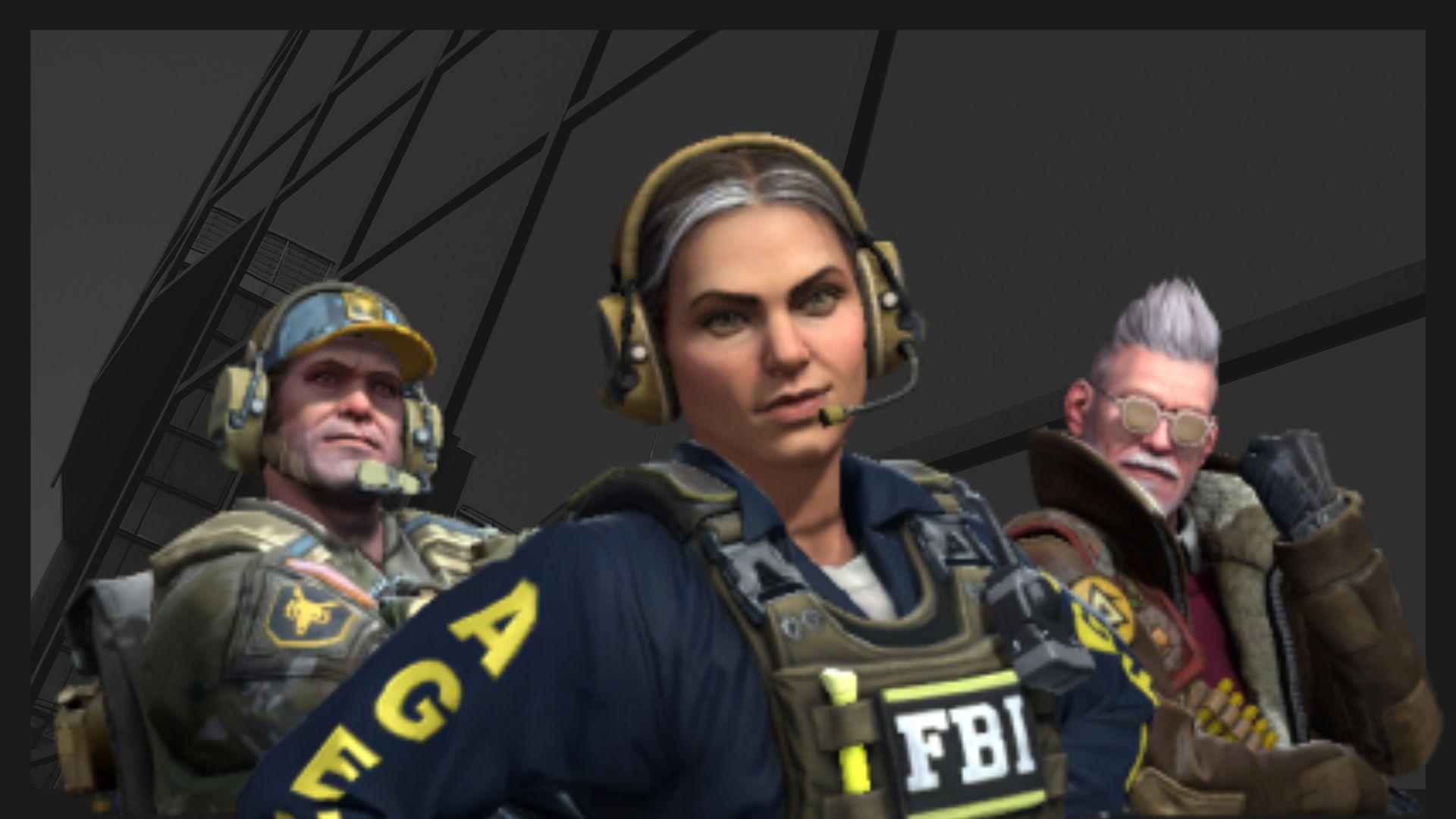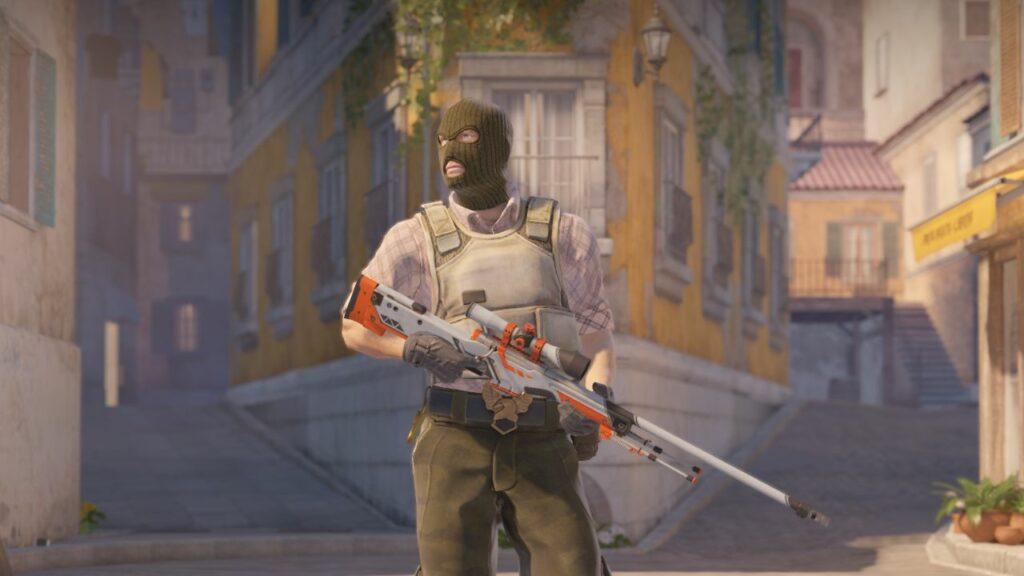
LMBT unbanned by ESIC, calls Commission’s verdicts into question
The ESIC has reversed the ban of forZe head coach Sergey “lmbt” Bezhanov after two weeks when the coach complained that the ESIC hadn’t responded to his appeal.
After tweeting that he felt ignored by the ESIC after appealing the ban, the ESIC replied, saying that they would contact him soon. It appeared that the ESIC wasn’t aware of the coach’s appeal until the tweet.
lmbt and forZe said that they had provided the ESIC evidence by email, stating that the coach hadn’t abused an exploit in CSGO’s code to gain an unfair advantage, but the ESIC response came days later. After lmbt received news on October 15 that his ban had been lifted, the coach made sure to let everyone know.
Well Im officially unbanned by @ESIC_Official with an immediate effect! So starting from next RMR Match Ill be able to be with my team again @forzegg It was super hard month for me and my team and obv I lost a lot of nerves, but now my name is clean and Im happy with that! pic.twitter.com/KHCAI5qdRY
— Sergey LMBT Bezhanov (@LMBT_CSGO) October 15, 2020
ESIC and lmbt’s interaction makes investigation look rushed
The lifted ban comes with its own series of questions regarding the hows and whys of every part of the Commission’s investigation.
It’s still unclear how much of an impact the commission’s “stakeholders” had on the punishments and their varying degrees of severity. Many of the stakeholders are big names in the Counter-Strike scene, including tournament organizers like ESL and BLAST Entertainment, as well as betting operators BETWAY and Unikrn. With the stakes this high, both fans and teams should be concerned that CSGO’s competitive integrity could be influenced by stakeholders with outside interests.
Also would like to mention @Mod645 @michau9_ @EL_pANdaRL And all the other head admins who definetly know that I was fighting for rules every tournament. Thank you guyz for doing great job! But @ESIC_Official have to review some of those cases cause their approach is questionable
— Sergey LMBT Bezhanov (@LMBT_CSGO) September 28, 2020
Other coaches, such as FaZe’s Robert “Robban” Dahlström, have also challenged the ESIC’s bans and provided their own context as to what happened during the rounds in question.
- More than one coach has a problem with ESIC’s unclear ban process
The ESIC’s comment struck an apologetic tone, but also shied away from taking full responsibility for the delay in its review of the evidence. If the Commission’s initial verdict was rushed enough that it failed to reach out to the coaches it implicated, that isn’t a good sign. It becomes an even worse matter when, once provided the evidence it never asked for, a well-reported tweet was what caused it to take action.
“ESIC is grateful for LMBT’s and Forze’s patience in waiting for this decision, appreciating the significant complexity of the matter and other compelling calls on our limited time and resources,” ESIC commissioner Ian Smith said.
With millions of dollars in prize money available each year alongside an estimated $22 billion video game industry predicted by 2020, it would be a prudent move for both organizers, teams, the CSPPA, and non-CSPPA member players to find a better solution.
Recommended

s1mple is offering lessons to help you get good at CS2
Have you dreamed of playing like s1mple?

Recent CS2 ban wave punishes cheaters during live games
Valve is banning players in bulks.

Players hopeful after Valve adds Overwatch to expose CS2 cheaters
Only “trusted” players will be Overwatch investigators.







